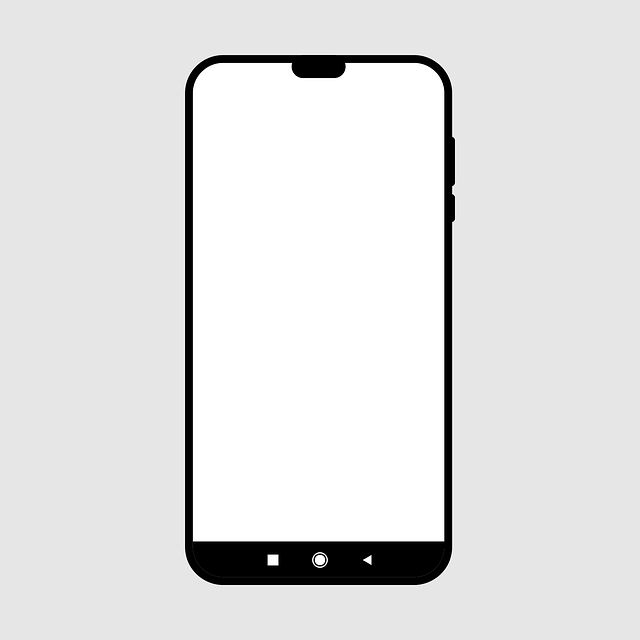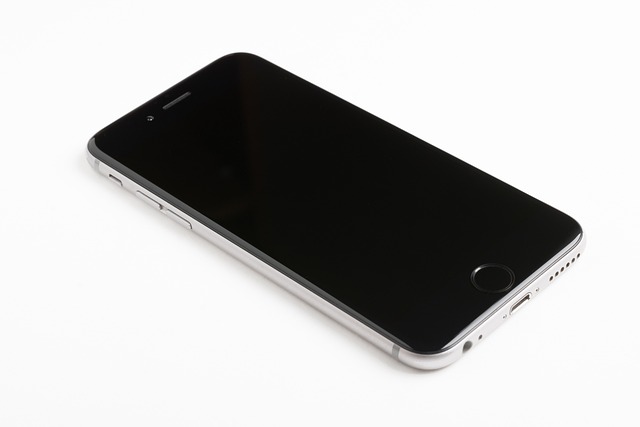Unwanted call attorneys in South Dakota leverage call logs as powerful evidence in robocall lawsuits, analyzing detailed records of incoming and outgoing calls to establish patterns of harassment and fraud. These logs include vital data like caller ID, duration, and timestamps, aiding attorneys in building strong cases under the Telephone Consumer Protection Act (TCPA). By examining date ranges, caller IDs, call volumes, and keywords, they can demonstrate intent and repeated violations, ensuring victims' rights are protected and compensation is received for distress and privacy invasions. Call logs serve as critical tools for navigating legal complexities and securing justice for clients plagued by unwanted robocalls in South Dakota.
Unwanted robocalls can be a nuisance, but they also hold significant evidence for unwanted call attorneys in South Dakota. This guide explores how call logs, a detailed record of incoming and outgoing calls, can be powerful tools in robocall lawsuits. Understanding the legal implications of these records is crucial. We’ll walk through deciphering call log data, building a strong case with call data, and navigating the legal process to ensure maximum compensation for victims of nuisance robocalls.
Understanding Call Logs: A Legal Perspective
Call logs, a detailed record of incoming and outgoing calls, are invaluable tools for unwanted call attorneys in South Dakota who are pursuing robocall lawsuits. From a legal standpoint, these logs serve as irrefutable evidence, providing a chronological sequence of communications that can establish the nature and frequency of nuisance calls. Each entry typically includes vital information like caller ID, call duration, and time stamps, which can be crucial in identifying recurring patterns of illegal robocalls.
This data offers a comprehensive view of the extent of the harassment, helping legal professionals build strong cases against perpetrators. It allows them to demonstrate intent and repeated violations, essential elements in successfully pursuing legal action for victims of unwanted calls.
The Role of Unwanted Robocalls in South Dakota Lawsuits
In South Dakota, unwanted robocalls have become a significant concern for many residents, leading to numerous lawsuits against companies engaging in such practices. These automated phone calls, often promoting products or services, are considered intrusive and misleading by many. When an individual receives repeated unwanted calls, they may have grounds to file a lawsuit under the Telephone Consumer Protection Act (TCPA). An unwanted call attorney in South Dakota can guide victims through this legal process, helping them navigate the complex regulations surrounding robocalls.
The TCPA provides consumers with specific rights against unsolicited telephone marketing calls, including the right to sue for damages or injunctive relief if their privacy is invaded. Call logs serve as crucial evidence in these lawsuits, documenting the frequency and nature of the calls, which can help establish a pattern of harassing behavior. By analyzing call records, an unwanted call attorney can build a strong case against robocallers, ensuring that victims’ rights are protected and they receive the compensation they deserve for their distress and invasion of privacy.
Extracting Evidence from Call Logs
Call logs, also known as call records or phone logs, are invaluable pieces of evidence in spear-phishing robocall lawsuits. As a unwanted call attorney in South Dakota, understanding how to extract relevant information from these logs is crucial. Each entry typically includes detailed data such as the caller’s number, the recipient’s number, the date and time of the call, its duration, and sometimes even the content of the automated message or interaction.
When reviewing call logs for a case, look for patterns that indicate bulk calling campaigns targeting multiple victims. Date ranges, caller IDs, and call volumes can help build a strong narrative. Additionally, specific keywords or phrases used in the robocalls can be identified by searching through the log data. This information is critical in demonstrating the scope of the fraud and establishing a pattern of deceptive practices, aiding in the pursuit of justice for victims of spear-phishing attacks.
Strengthening Your Case with Call Data
In a spearphish robocall lawsuit, call logs can be invaluable evidence. This data provides a detailed record of phone calls, including dates, times, and duration, which can help strengthen your case against unwanted callers. An unwanted call attorney in South Dakota can utilize this information to demonstrate patterns of harassment or fraudulent activity.
Call data also includes the phone number of both the caller and the recipient, allowing for the identification of repeat offenders. This concrete evidence is crucial when presenting your case before a judge or jury. It offers a clear and verifiable account of interactions, making it easier for the court to understand the extent of the harm caused by robocalls.
Navigating the Legal Process: Using Call Logs Effectively
Navigating the legal process involves understanding how to leverage evidence effectively, and call logs are a powerful tool for unwanted call attorneys in South Dakota. These detailed records provide a chronological account of phone calls, listing dates, times, durations, and even the numbers involved. When building a case against robocallers, this information is invaluable.
Attorneys can use call logs to demonstrate patterns of harassment, establish intent, and prove that automated calls were made without proper consent. By presenting organized and structured data, legal teams can effectively communicate their argument and strengthen their case. This precision in evidence presentation ensures a clearer picture for the court, ultimately aiding in securing justice for clients facing unwanted robocalls.






